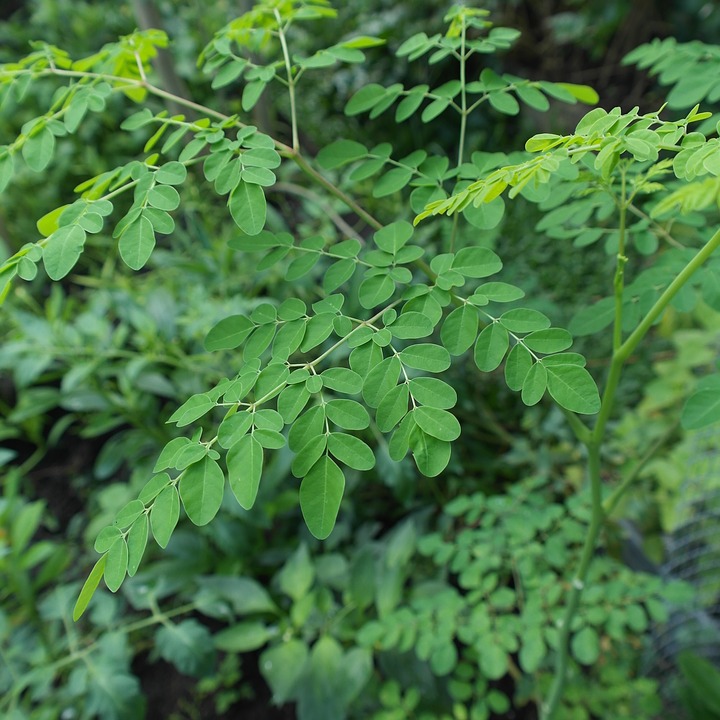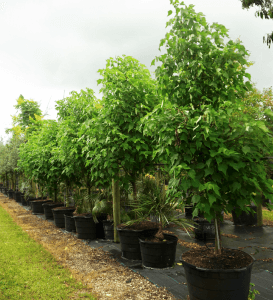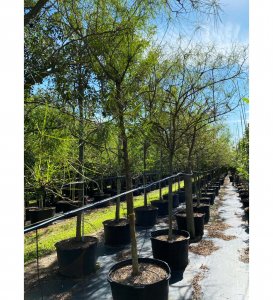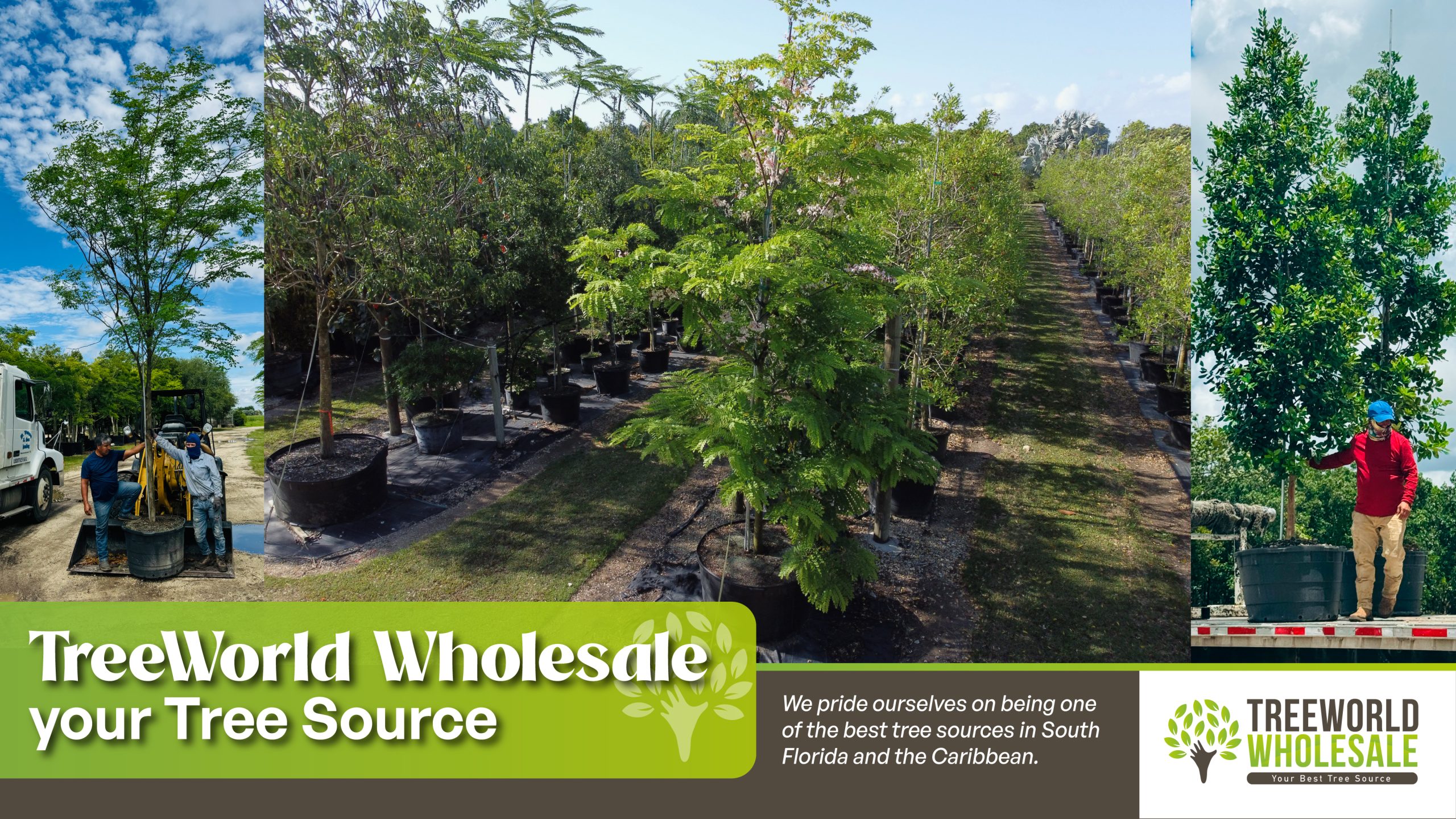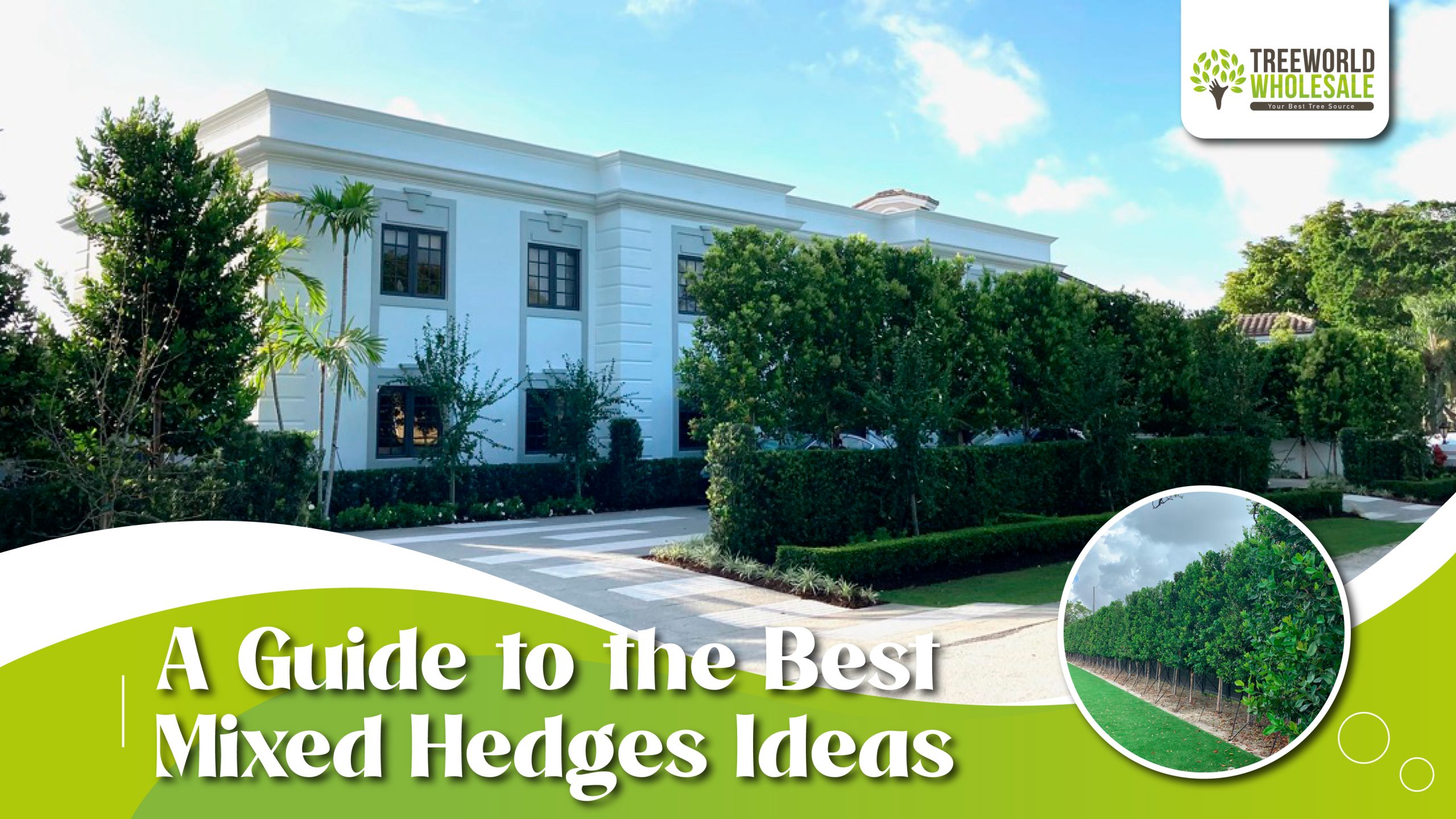Find Allergy Friendly Trees And Shrubs! As airborne pollen torments allergy and asthma sufferers. Pollen allergies are a serious medical problem for many individuals; requiring medications to overcome their effects. Furthermore, weather reports often include the pollen count to alert people who may wish to modify their activities; or stay indoors as much as possible when the readings are elevated.
Hypoallergenic Trees – Pollen Count
As you may know, the indication of pollen count is the quantity of pollen grains per square meter of air over a 24-hour period. And, pollen counts vary seasonally in relation to when pollen-producers are in flower. Besides normally counts also tend to be higher in early morning on warm, breezy days, and lower during cooler wet periods. Also, damp weather tends to reduce the mobility of airborne pollen, and rainfall washes pollen from the atmosphere.
Having this in mind, an individual can do nothing about the amount of airborne pollen over a large area such as a city. But at the scale of your own property. Certain measures may assure that you are not contributing to making the amount of airborne pollen worse than the average in your immediate area.
Allergy Friendly Trees
If you are planting a new garden, you can decide to plant trees and shrubs which are low pollen producers. We recommend, that beforehand you determine whether your garden already includes high pollen producers that may be replaced.
For example, in dioecious species, plants bear male and female flowers on different plants; female species do not present a pollen problem. But, the following do report to be high-pollen producing trees; and should be avoid in planting or removing from your garden. Moslty they are native Florida trees, unless otherwise noted: Boxelder* (Acer negundo) and Red Maple (A. rubrum); River Birch (Betula nigra); the Caroline Ash (Fraxinus caroliniana) and Green Ash* (F. pennsylvanica); Bayberry* (Morella cerifera); the exotic White Mulberry* (M. alba), and Red Mulberry* (M. rubra); Oaks, all species (Quercus spp.); and American Elm (Ulmus americana). (*female trees not a problem.)
Other tree and shrub species that fall under the consideration to be mildly allergenic, and are not allergy friendly trees, include *Acacias (Acacia spp.) *Pineapple Guava (Acca sellowiana); Albizia spp.; *Orchid Trees (Bauhinia spp.); *Hollies (Ilex spp.); *Jerusalem Thorn (Parkinsonia aculeata); *Slash Pine (Pinus elliottii); and monoecious palms such as the *Buccaneer Palm (Pseudophoenix sargentii). (*available from TreeWorld)
Nonetheless, weeds, ragweed, etc., are the leading source of allergic pollen therefore maintaining a garden free of weeds will also contribute to lessen the localized pollen count. As a general rule, deciduous fruit trees, most roses and plants with brightly-colored flowers are low pollen producers. The website www.pollenlibrary.com can be searched by common and scientific plant names, and by zip code for a list of common allergens in a specific location. More than 1,200 plants have been assessed so far in terms of their allergenicity, and classified as either mild, moderate or severe.

